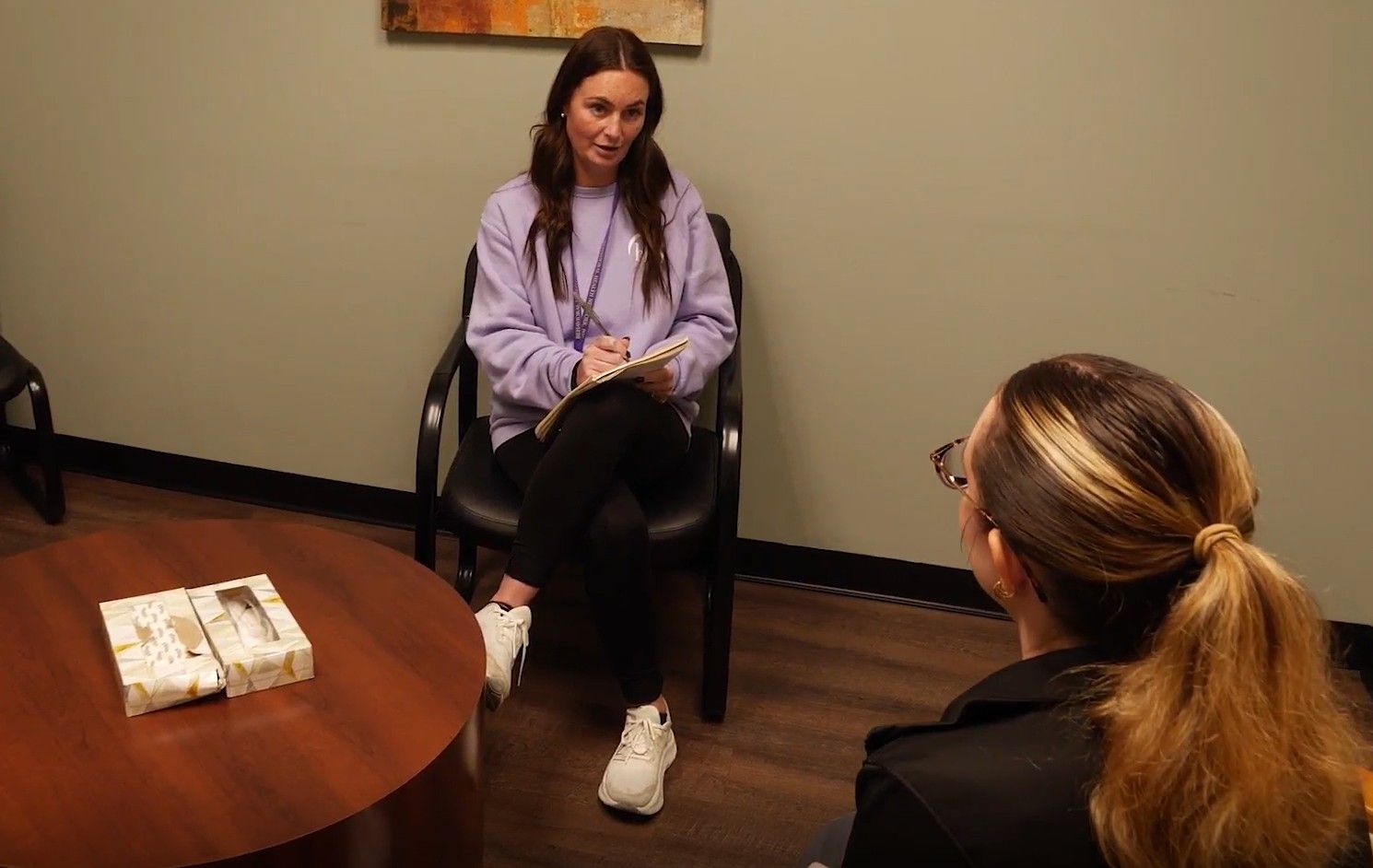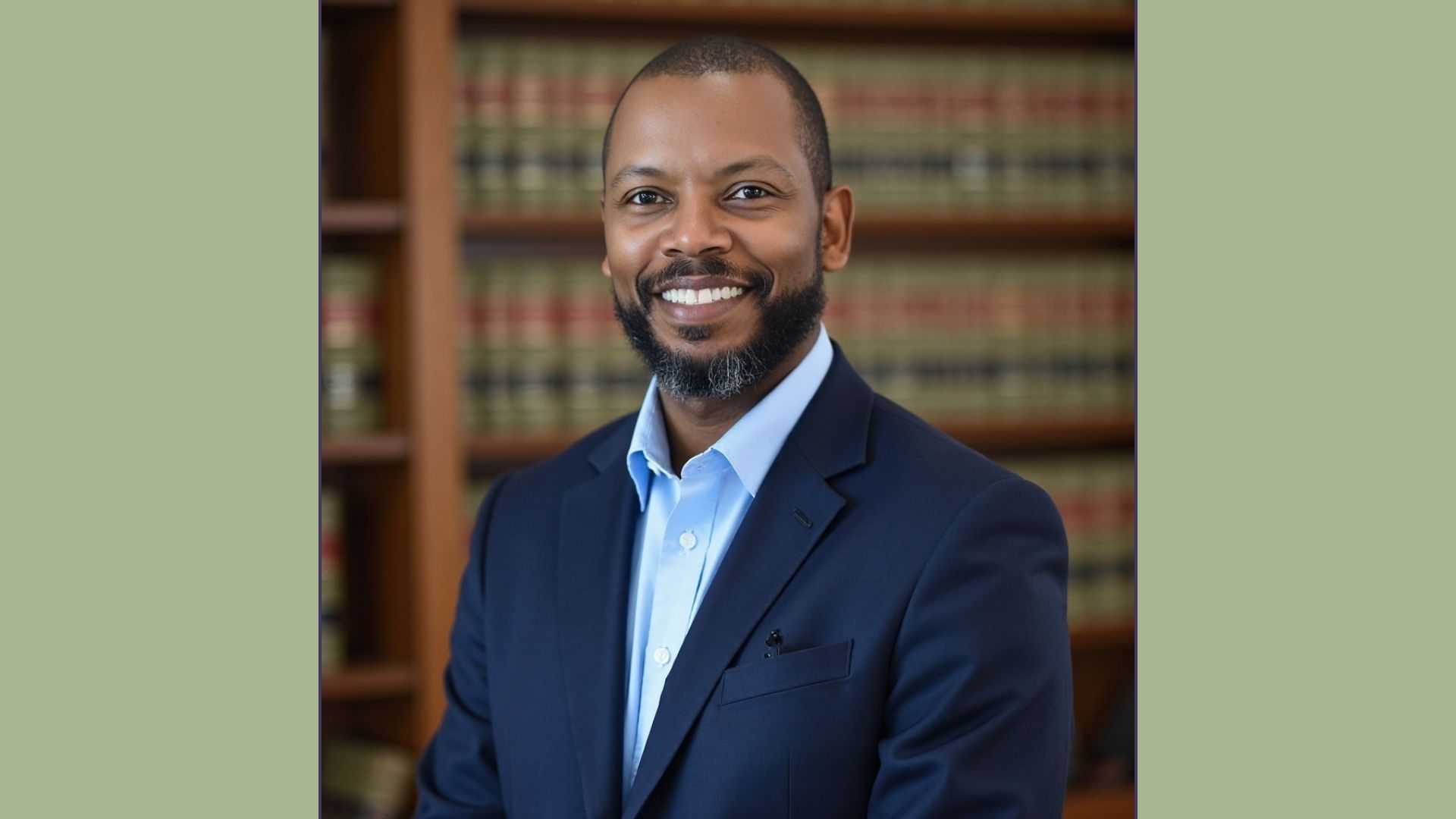ADHD Awareness Month

The goal of Attention Deficit Hyperactive Disorder (ADHD) Awareness Month is to provide reliable information and resources to help individuals manage their symptoms and to educate others about ADHD and how to offer support. ADHD is a neurological disorder that affects 1 in 10 children and if not addressed, symptoms can persist into adulthood.
There are three types of ADHD: hyperactive (or impulsive), inattentive, and combined. An individual with hyperactive or impulsive ADHD may display excessive movements, fidgeting, and difficulty waiting for their turn to speak. They can also display impulsive behaviors which can include spending money that they do not have much of, on wants instead of needs. Inattentive ADHD means difficulty focusing on a task and staying organized. Combined, as the name suggests, involves all the aforementioned symptoms.
The exact cause of ADHD is unknown. However, research found ADHD causes are genetic, environmental, and neurodevelopmental disorders. Children with ADHD have low levels of a brain chemical (dopamine). Studies show that brain metabolism in children with ADHD is lower in the parts of the brain that control attention, social judgment, and movement.
Austin Agbonifo, Doctor of Nursing Practice (DNP) at BHN’s Outpatient Psychiatry practice, has been in his role as a psychiatry nurse practitioner for three and a half years. As a specialist who works with people with ADHD, he highlights that, “Most people see ADHD as primarily a childhood issue. It is not the child’s fault. There are many factors to consider. It can be genetic, exposure to toxins during pregnancy such as lead that can also affect the child’s neurodevelopment.” He noted each child with ADHD may have different symptoms. They may have trouble paying attention. A child may also be impulsive and hyperactive. These symptoms most often happen together. But one may happen without the others.
A pediatrician, child psychiatrist, or a mental health expert can diagnose ADHD. To do so, they will talk with parents and teachers and observe the child. Diagnosis also depends on results from physical, nervous system, and mental health testing. Certain tests may be used to rule out other health or mood problems that may mimic some of the symptoms of ADHD. These tests can assess thinking skills and certain skill sets.
DNP Agbonifo explained that there was no single way to diagnose ADHD. Clinical evaluations are effective, but teachers or parents can also provide reports, as well as friends who are close to the person. Self-reports of ADHD symptoms are also considered in the diagnostic pathway. Treatment will depend on the child’s symptoms, age, and general health and can include psychostimulant medicines, non-stimulant medicines, and behavior management training for the patient and parents.
It is important to recognize that ADHD is a chronic condition, although medication can help control symptoms. If ADHD is not addressed early, it can lead to low self-esteem issues and difficulty with interpersonal relationships later in life. According to research, people with ADHD are at 3 times greater risk for suicide than others.
Understanding someone with ADHD requires education. It's important to educate the individual, family, and society about what the ADHD condition entails. ADHD is much more complex than just a lack of focus or hyperactivity. "For the average person, educating themselves about ADHD is the best way to provide help for a person with ADHD DNP," Agbonifo explains. "If you notice symptoms in a friend or family member, you can guide them to a specialist or therapist once you are well-informed about ADHD symptoms."
ADHD does present challenges, but individuals can have a successful life with treatment. Studies find showing empathy and a willingness to help people with ADHD removes stigmatization and embraces ADHD management modalities.
For more information and resources, visit adhdawarenessmonth.org.
Every day BHN supports individuals with ADHD through many of our programs. For referrals or information about BHN supports and services for youth and adults with ADHD call 413-301-WELL (9355).
Sources:
SHARE
Topics

Newsletter Sign-Up
Sign-up for our newsletter to receive updates on what's happening at BHN.




